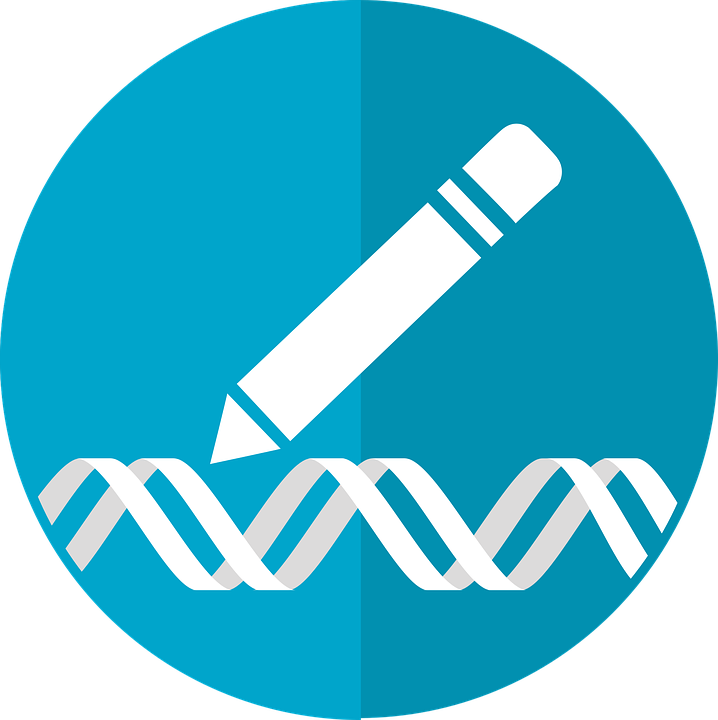Scientists Call for a Moratorium on Editing Inherited Genes
By Karen Weintraub,
Scientific American [cites CGS' Marcy Darnovsky]
| 03. 13. 2019
A group of 18 prominent scientists—including some who helped develop CRISPR–Cas9, the current leading tool for gene editing—issued a call Wednesday for an international moratorium on gene edits to eggs, sperm or embryos, and for establishing a process to discuss how and whether it should ever occur again.
The move follows Chinese scientist He Jiankui’s announcement late last year that he had edited the genes of twin newborn girls, in attempt to make them genetically resistant to HIV. This was CRISPR’s first known use in human embryos destined for life. There had been a general global consensus to hold off on editing human eggs, sperm or embryos until gene-editing technology (and the implications of the edits) are better understood. But He’s decision to proceed—and some scientists’ focus on gaining regulatory approval rather than achieving societal consensus—showed clearer lines have to be drawn, says commentary co-author Eric Lander, president and founding director of the Broad Institute of MIT and Harvard, a genetics research institute.
Lander says the group is calling for a temporary moratorium as a first step. What the scientists...
Related Articles
By Diaa Hadid and Shweta Desai, NPR | 01.29.2026
MUMBRA, India — The afternoon sun shines on the woman in a commuter-town café, highlighting her almond-shaped eyes and pale skin, a look often sought after by couples who need an egg to have a baby.
"I have good eggs,"...
By George Janes, BioNews | 01.12.2026
A heart attack patient has become the first person to be treated in a clinical trial of an experimental gene therapy, which aims to strengthen blood vessels after coronary bypass surgery.
Coronary artery bypass surgery is performed to treat...
By Staff, ScienceDaily | 01.05.2026
Scientists at UNSW Sydney have developed a new form of CRISPR technology that could make gene therapy safer while also resolving a decades-long debate about how genes are switched off. The research shows that small chemical markers attached to DNA
...
Following a long-standing CGS tradition, we present a selection of our favorite Biopolitical Times posts of the past year.
In 2025, we published up to four posts every month, written by 12 authors (staff, consultants and allies), some in collaboration and one simply credited to CGS.
These titles are presented in chronological order, except for three In Memoriam notices, which follow. Many more posts that are worth your time can be found in the archive. Scroll down and “VIEW...




